The Tesla Tipping Point
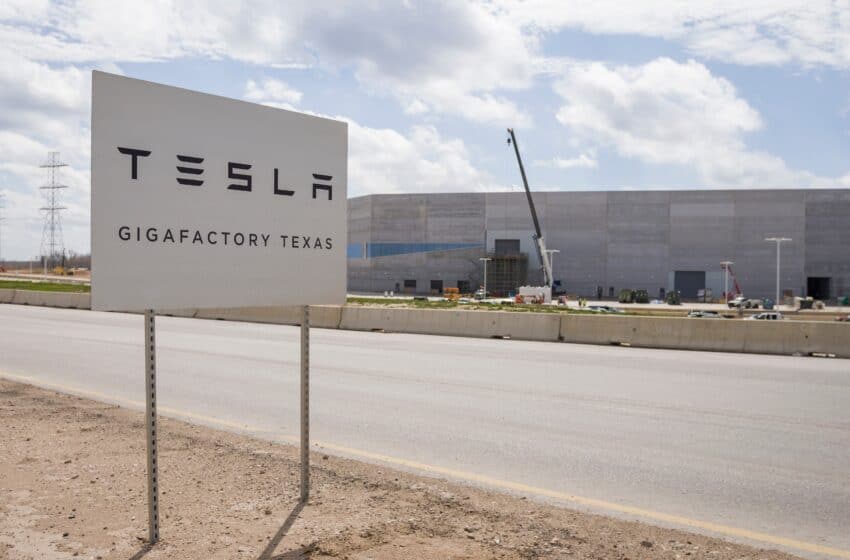
What Tesla’s Texas move means for the future of Texas
This past April, the hottest ticket in Texas was to Tesla’s “Cyber Rodeo,” an extravagant, invite-only celebration of the opening of the carmaker’s Gigafactory in Austin.
On the day of the party, as invitees were beeped in by security guards with QR code scanners, Tesla superfans panhandled outside the factory. Each was desperate to be taken in as someone’s plus-one.
Inside, music pumped and drinks flowed. The gargantuan space—the second-largest building in the world by volume—showcased Tesla’s industrial prowess, with interactive tours, innumerable robots, and Teslas flashing their lights in rhythm. No news media were allowed.
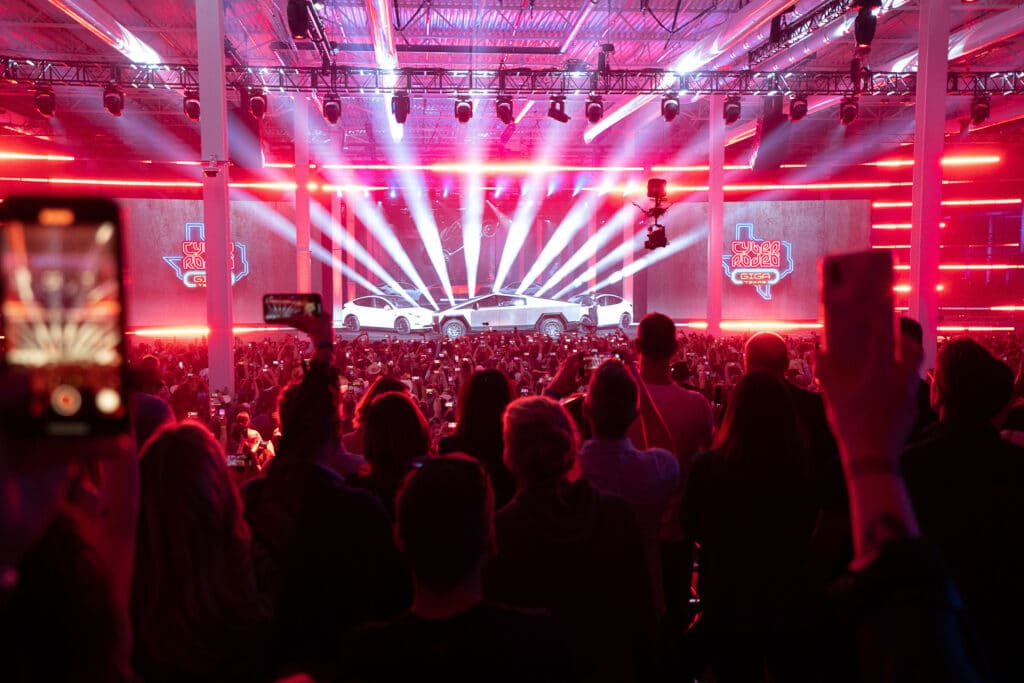
Later, fireworks lit up the sky and drones formed a 3-D image of Doge, mascot of the cryptocurrency Musk has publicly boosted for several years. Musk himself, in a black cowboy hat and sunglasses, gave an overview of Tesla’s corporate strategy and announced that the long-awaited Cybertruck was coming in 2023.
“This year is about scaling up, and next year there’s going to be a massive wave of new products,” said Musk as the crowd of 15,000 cheered him on.
The Texas Gigafactory, situated in Southeast Travis County on Tesla (formerly Harold Green) Road had been under construction since July 2020. There, Tesla planned to produce it Model 3s, Model Ys, and Semis.
Then, in October 2021, Elon Musk made an announcement in an annual stockholder meeting that would change the landscape of Texas manufacturing: Telsa would move its headquarters from Palo Alto to the new Gigafactory in Austin. The Texas capital had beat out its rivals on the shortlist, Tulsa and Nashville, to become the new home of Tesla.
As founder and CEO of YTexas, I have been tracking relocations—“relos,” as we call them—to Texas for nearly 10 years. The speed of relos and the quality of the organizations moving their corporate headquarters here has been astounding in that time, and it just keeps picking up. But the opening of the gigantic Gigafactory truly felt like a tipping point.
Why?
Well, first, there are the massive effects the Tesla relocation will have on the company’s new home state.
The move means that Musk is investing billions of dollars in the state, and he has estimated that Tesla will create around 20,000 jobs in the state. Of course, the follow-on effects are also significant: Suppliers and support industries will continue to proliferate here as Tesla grows, creating even more jobs and economic activity. The indirect jobs created could number more than 100,000. These jobs span all sorts of educational levels, from high school grads to those with advanced engineering degrees. Tesla has partnered with the Austin Community College District to train workers and develop the local talent pool.
Ed Latson, CEO of the Austin Regional Manufacturers Association (ARMA)—of which Tesla is a new member—recently remarked to me that Central Texas had a “terrific” industrial cluster even prior to the building of the Austin Gigafactory, with a base that includes Samsung, NXP, Infineon, Applied Material, AMD, Tokyo Electron, and more. But for Latson, Tesla will be pivotal to the future growth of the region.
“It’s undeniable that we have tremendous momentum in the industrial space,” said Latson, “and Tesla just adds to that. We’re making the technologies of the United States’ future right here in Central Texas. We’re going to be at the forefront of electric vehicle production and development for decades. It’s something I couldn’t have imagined a couple of years ago.”
Latson, whose ARMA will be partnering with Tesla on building a workforce pipeline and making inroads with local government bodies, also notes that Tesla “makes industry and manufacturing sexy—something cool that people want to be a part of, not just as consumers but as workers.”
In addition to Tesla itself, Musk has recently relocated his Boring Company to Texas and operates a major SpaceX facility here. Starbase is SpaceX’s rocket factory, testing site, and spaceport in Boca Chica, and it has already offered the area’s workforce incredible opportunities. “Much of Starbase’s manpower comes from Brownsville and Cameron County,” Helen Ramirez, deputy city manager for the City of Brownsville, told me recently. “That’s 1,600 employees direct employees from our region.”
But Musk’s move to Texas feels like a tipping point for more than the immediate economic effects of his businesses: It also marks the fact that one of the world’s most visible people has decided to bet on Texas.
This spring, in the wake of his purchase of Twitter, Musk’s name was everywhere, for better or worse. But despite the controversy, he remains one of the most revered business leaders and innovators on earth—someone who leads other leaders.
If you’re a reader of Texas CEO Magazine, you know that they often ask Texas CEOs which fellow chief executive they admire most. The most common answer by a longshot: Elon Musk. As an ambassador for Texas as a great place to do business, we couldn’t ask for much better than Musk.
The Cyber Rodeo in April was proof of the contagious enthusiasm around Musk and his companies. In talking with people who attended, the takeaway was a sense of shock and awe. The Cyber Rodeo was more like a rave than a corporate event. Latson, who attended, said that attendees were bowled over by not only the displays of complex manufacturing equipment but also by the sheer size of the factory. “There’s a technical term for it,” he told me. “It’s a big-ass factory.”
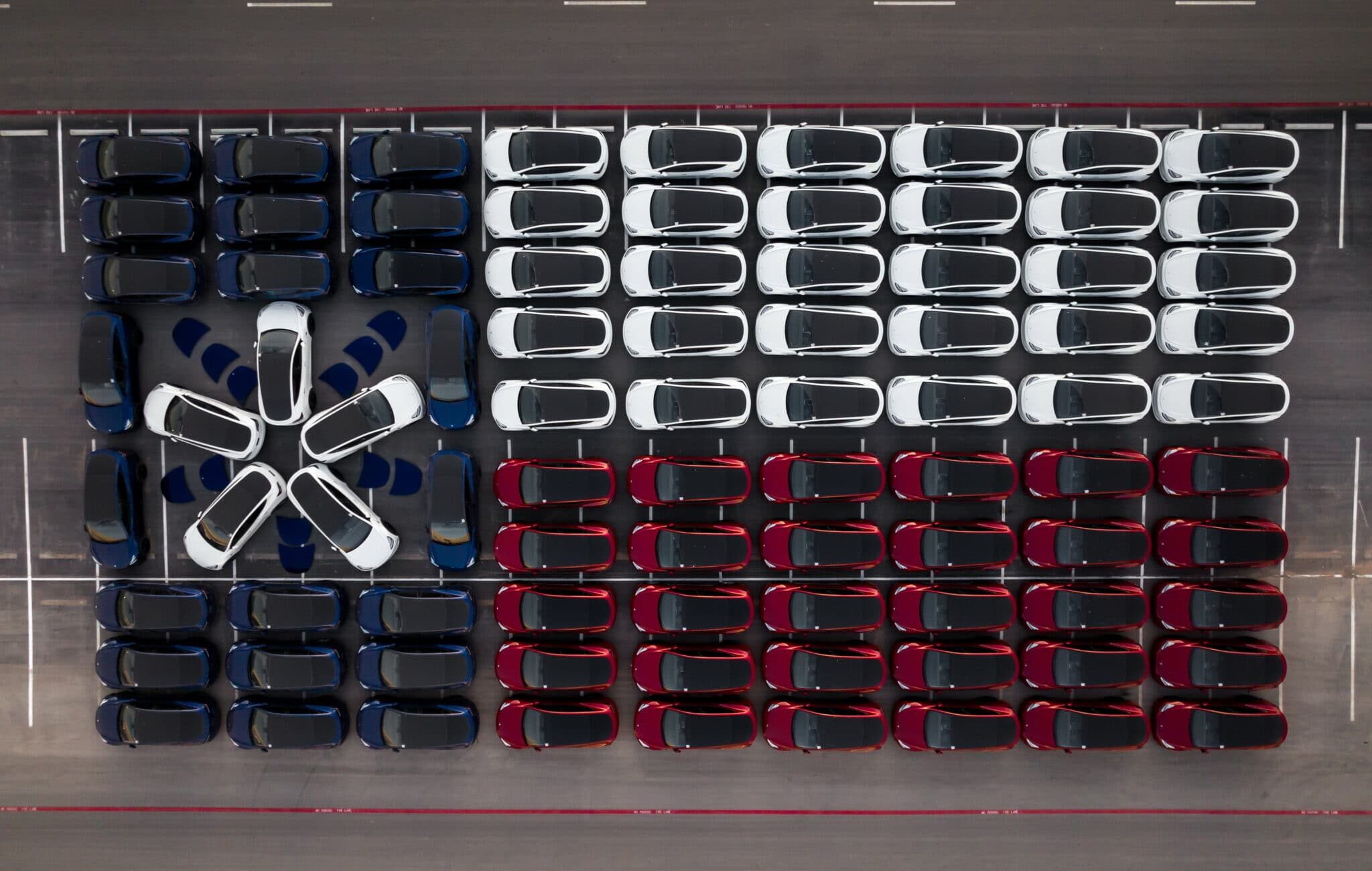
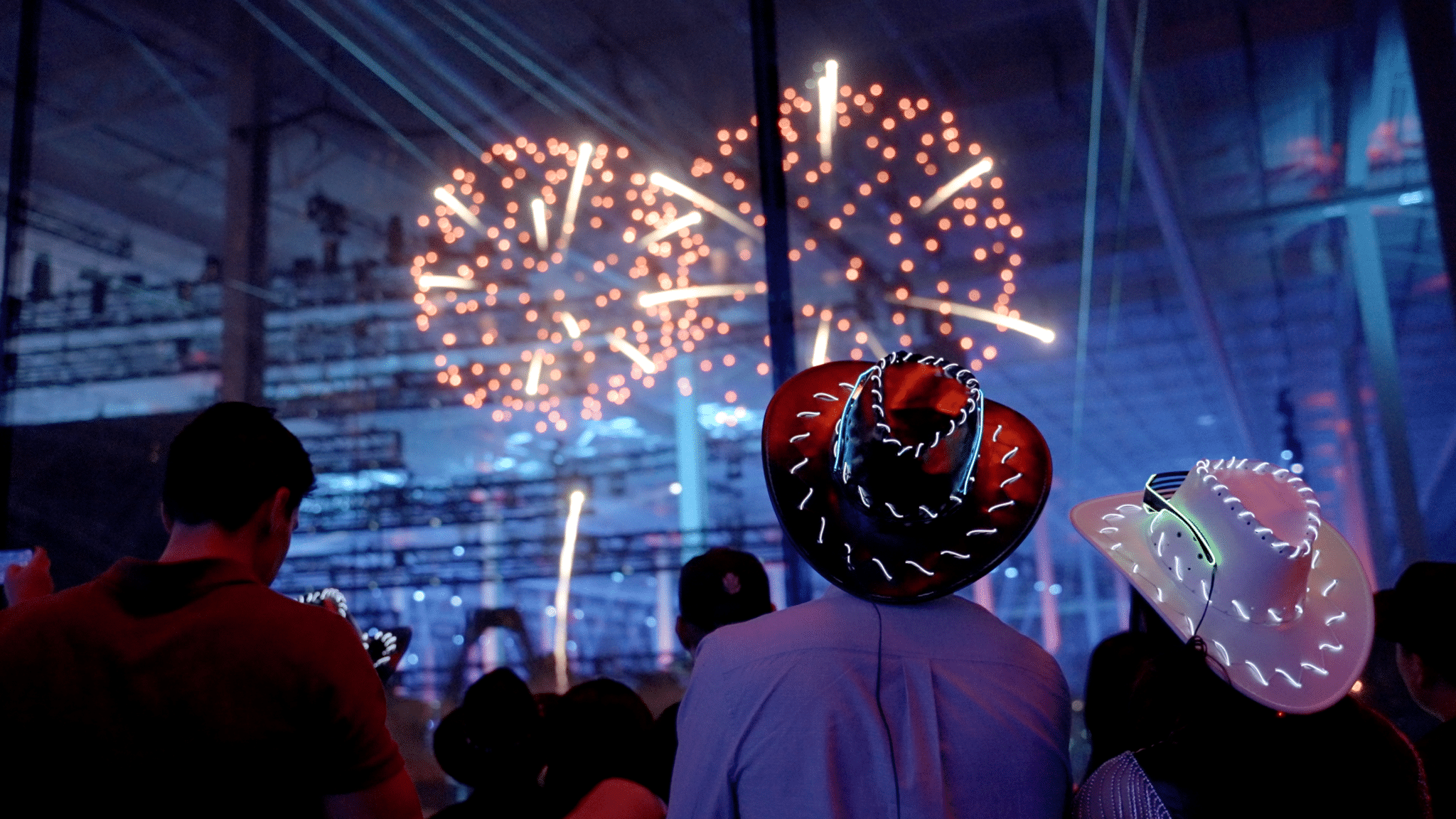
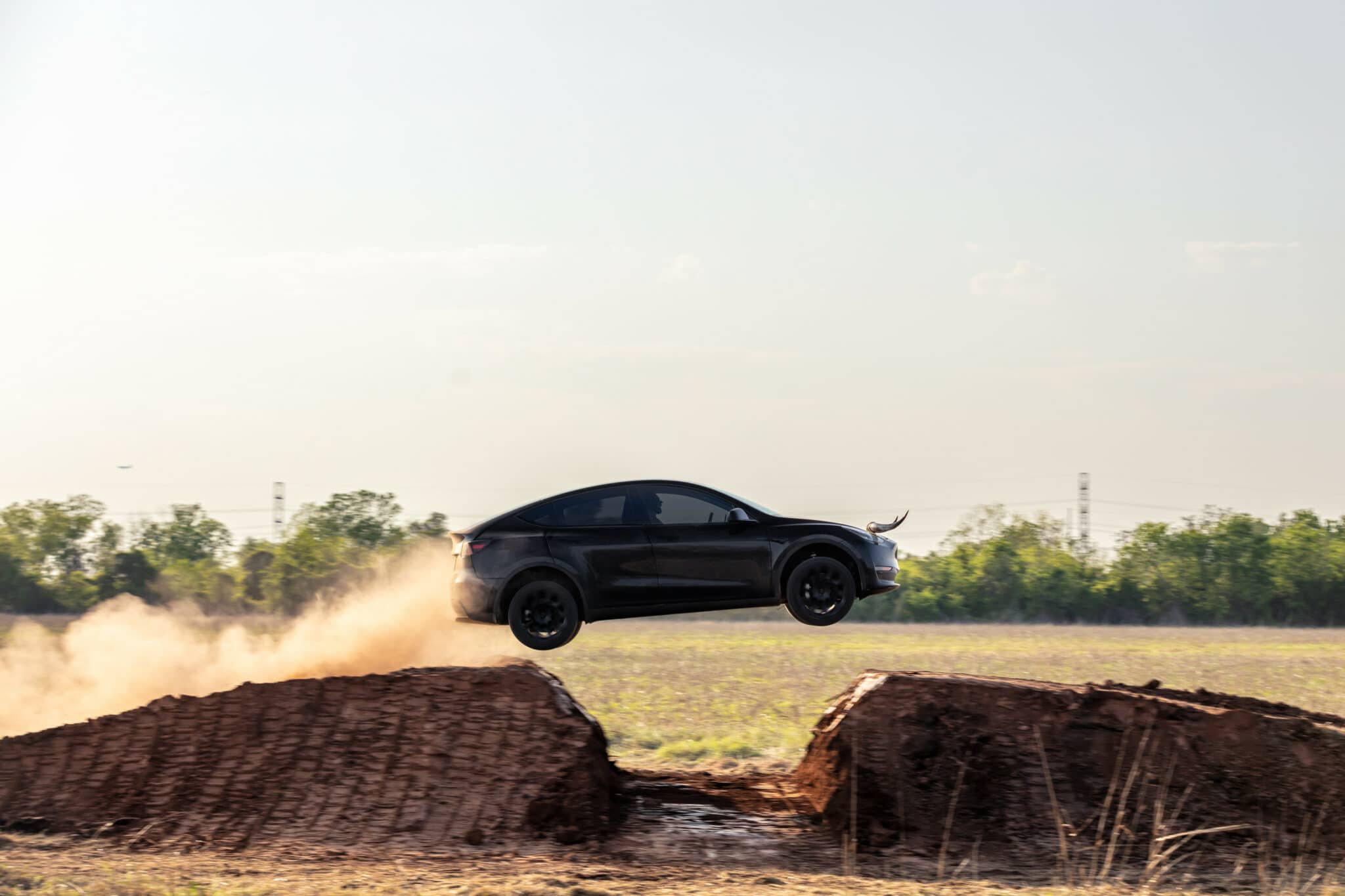
“They have this incredible product and a charismatic leader who can really harness the vision,” said Latson. “Elon is a rockstar. And it’s going to be a fun couple of years around here watching them plant their roots and ramp up production.”
Tesla does face certain hurdles in Texas. For example, under Texas law, automotive manufacturers cannot sell directly to consumers, meaning that Tesla’s cars must be shipped out of state before being sold back to buyers. Musk has tweeted that Tesla “sure would appreciate” the changing of the law, but after several special sessions on the issue, it remains in effect. Independent dealerships—the entities who are authorized to sell cars to the public—across Texas are very invested in keeping the law as-is.
Nevertheless, Elon Musk has decided that Texas is the place to be. The formula that has drawn so many other companies—ability to get things done quickly with minimal red tape, a deep and expanding talent pool, low taxes and high quality of living—continues to make Texas appealing to businesses.
The opening of the Gigafactory in April was a spectacle to be sure, but if you ask me, it’s just the beginning of what’s coming for Texas.

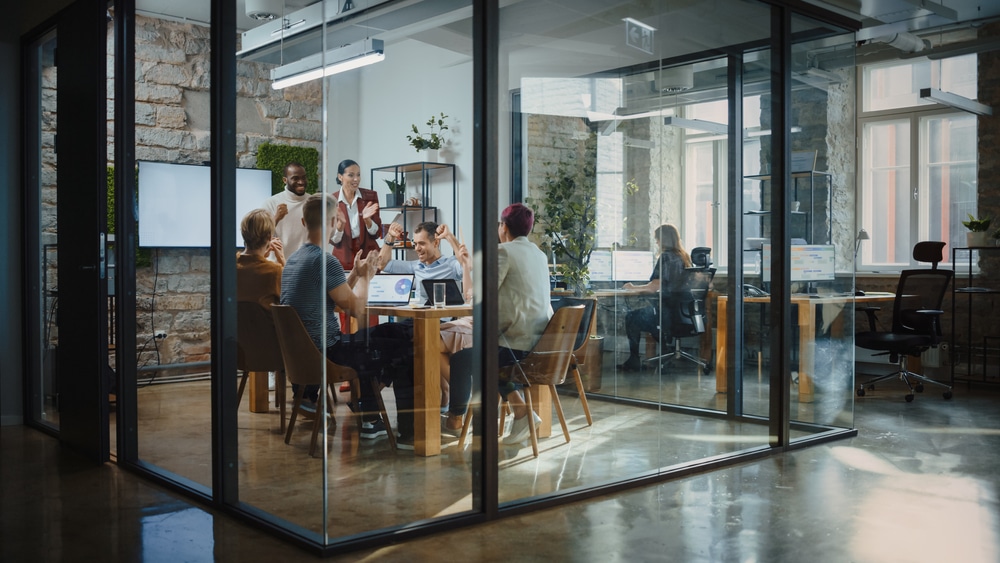
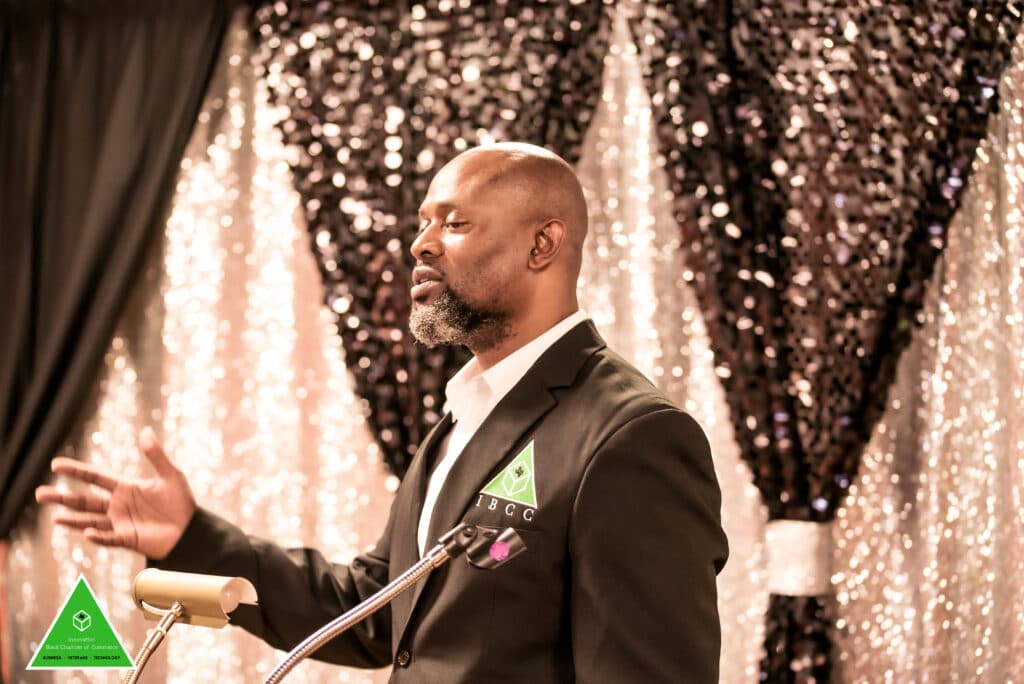
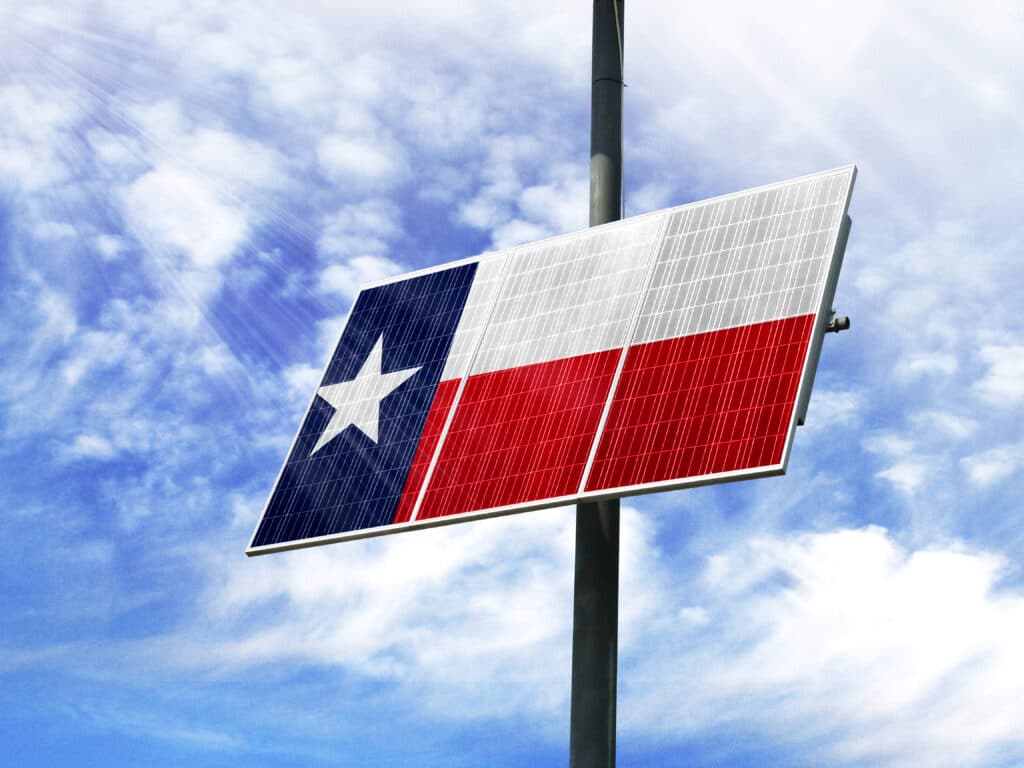


The Missing Link
February 23, 2023